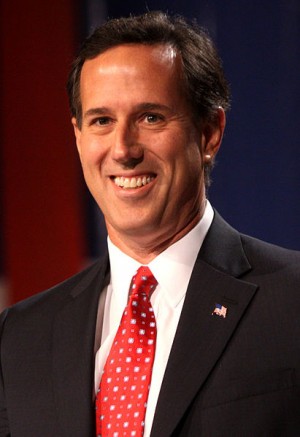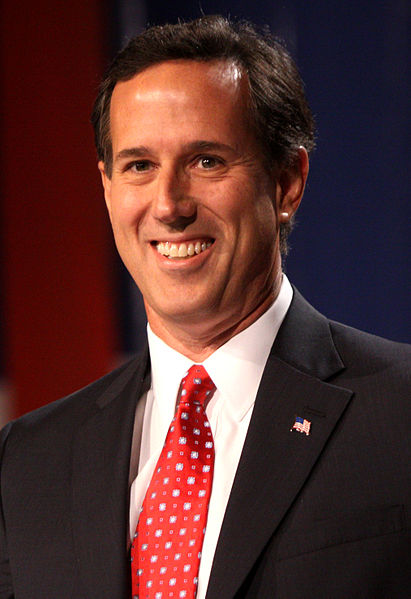
In the last two weeks, social issues have suddenly jumped back into the national political scene. Issues like birth control, abortion, and even the motives of the Girl Scouts have all been in the news during the primary lull. And while the fights over women’s issues can draw attention to an election cycle and liven the political debate, it may not be the conservative political gold mine it has been in the past.
A bill was considered this month in Virginia which would have required all women considering abortion to have an ultrasound and to listen to the baby’s heartbeat before terminating the pregnancy. This provision is already in Texas, and laws requiring doctors to offer to show an ultrasound have passed in six other states, according to The New York Times. The Virginia bill caused an uproar when pro-choice activists pointed out that the law would require women seeking an abortion during their first trimester to undergo an invasive vaginal ultrasound, in which a probe is inserted into the vagina. The procedure was criticized by activist groups and lawmakers alike as being “akin to rape,” and after a week’s worth of bad press, Virginia governor Bob McDonnell urged the legislature to seek a weaker law, which would allow women to opt out of a vaginal ultrasound.
Despite the fact that the new bill will still place requirements on women who are thinking about getting an abortion, moving away from vaginal ultrasounds has been viewed as an uncharacteristic moment of success for women’s groups.
Liberals were further outraged this week when Indiana State Representative Bob Morris refused to sign a routine resolution commemorating the 100th anniversary of the Girl Scouts of the United States of America. In a letter published in the Fort Wayne Journal Gazette, Morris claimed that the Girl Scouts “promote homosexual lifestyles,” that almost all of the organization’s listed role models were “feminists, lesbians, or Communists,” and that they operate as the “tactical arm of Planned Parenthood”. The Girl Scouts and Planned Parenthood both denied any partnership between the two organizations, and there is no evidence whatsoever to substantiate the rest of Morris’ claims.
Morris was immediately ridiculed for his claims, and he eventually apologized for the tone of his criticism, while maintaining that he believed there was a connection between Planned Parenthood and the Girl Scouts. Indiana speaker of the house Brian Bosma bought hundreds of boxes of Thin Mints to hand out to legislators as a sort of protest to Morris’ remarks, and drew attention to the ubiquity of the Girl Scouts by asking all of the female legislators who had been part of the Scouts to stand at the end of the session.
These events, and the national outrage that was sparked by the birth control debates last week, have called into question the wisdom of using social issues as a rallying point for conservatives. Certainly there are voters for whom social issues remain the central concern. The Religious Right has been a solid voting block for decades, and if Rick Santorum’s recent successes prove anything it is that those voters are still active. The fact that bills aiming to limit abortion are still finding their ways into state legislatures proves that the so-called “moral majority” is very much alive and kicking.
But the backlash that women’s groups and liberals have been able to stir up in response to the Right’s most recent attempts to limit the availability of abortions and birth control suggests that social issues could represent more of a challenge for conservatives in this election cycle. Birth control in particular has become so ingrained in American culture that attempts to limit it are likely to be met with organized and vocal resistance. Framing elections with social issues has been successful for Republicans in the past, but it may be time to try a new strategy.

